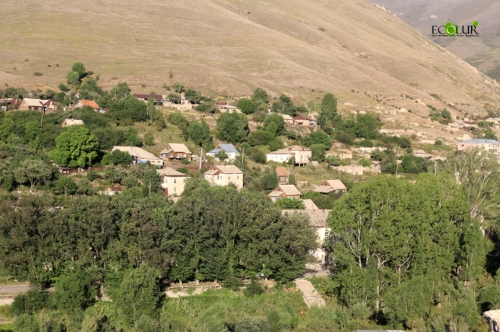

In 2020 under TAI Minister Suren Papikyan's decree, the soil management right of “Molybdenum World” LLC was terminated to Dastakert copper-molybdenum mine in Syunik Region, Armenia. The company has appealed that decree․ According to the soil management contract, “Molybdenum World” was to operate the mine from November 6, 2012 for a period of 9.2 years. However, the Company did not operate the mine, citing the low prices of copper, molybdenum, economic non-profitability of the mine for 2013-2018, whereas in 2018 Sisian Municipality didn’t grant the company any soil management rights.


Dastakert copper-molybdenum mine is located in the area of Dastakert settlement in Sisian enlarged community, Syunik Region. Dastakert as an urban settlement was formed in 1952 on the basis of the development of Dastakert copper-molybdenum mine and the ore dressing plant. During the mining operations, about 3,000 people lived in Dastakert, and today about 300 people live here. After the closure of the mine, no one was concerned with alternative development of the town. “Molybdenum World” Company signed a soil management contract for Dastakert Mine with the state in 2012.
However, the Company's operations in Dastakert were limited to resource exploration.
The infrastructure of the former mining complex, the damaged, uncultivated tailings dump in Dastakert, the mines, the dumps along the banks of the Kyshkosht River, which continue to pollute the environment, are still in a ramshackle state.







Under the soil management contract, “Molybdenum World” Company undertook to allocate 12 million AMD each year for the socio-economic development of Dastakert to improve the water supply system in Dastakert, 400,000 AMD for the economic development programs of the community, and for the purchase of stationery and buildings for the school and kindergarten, and 400,000 AMD for the repair of buildings. The company was ready to provide technical means for the repair of community roads.
Nairi Filosyan recalled about the Company's social aid to Dastakert until 2018. "Phones were given to the children who finished school. They reimbursed the textbooks and bought stationery. They gave Christmas presents to the children and gave clothes to the residents. With the support of “Molybdenum World”, a school room was renovated and furnished as a kindergarten. They opened new roads to the meadow lands, we just could not serve to keep them."
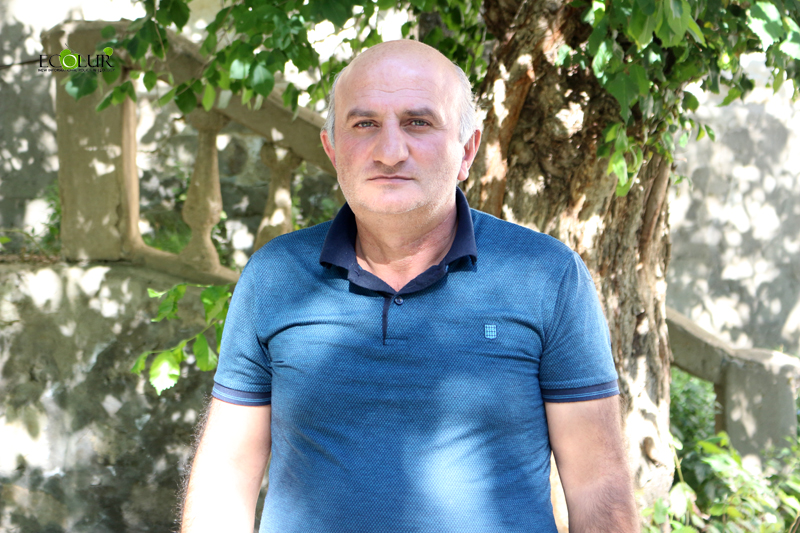
We learn from the reports of the Company for 2016-2018 published on the official website of the Extractive Industries Transparency Initiative of Armenia (EITI) that the Company only provided money for Christmas presents for schoolchildren as a socio-economic support in 2016-2017, whereas in 2018, 60 million AMD were transferred to the extra-budgetary account of enlarged Sisian community to improve the water drainage-supply system in Dastakert. Out of this amount, Dastakert town received 26 million AMD to change the roof of five high-rise buildings. Meanwhile, the repair of the external and internal networks of the drinking water pipeline is still an issue for Dastakert.



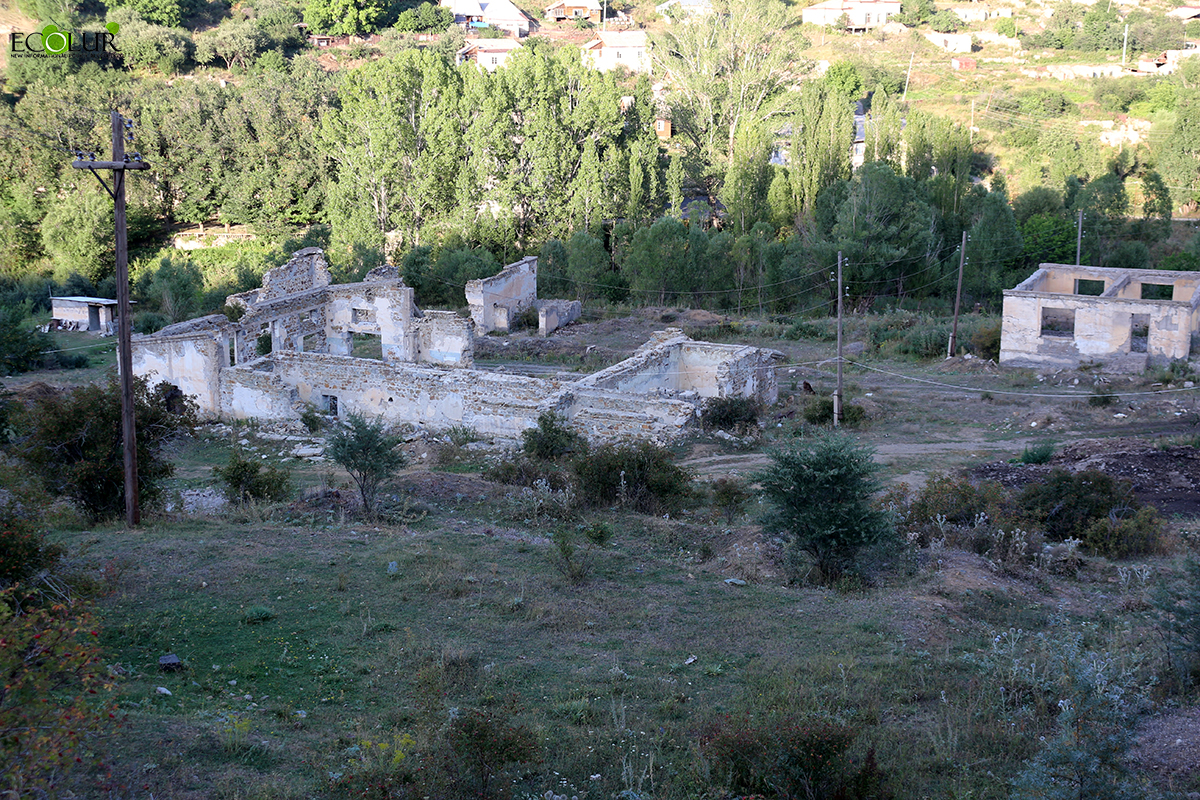

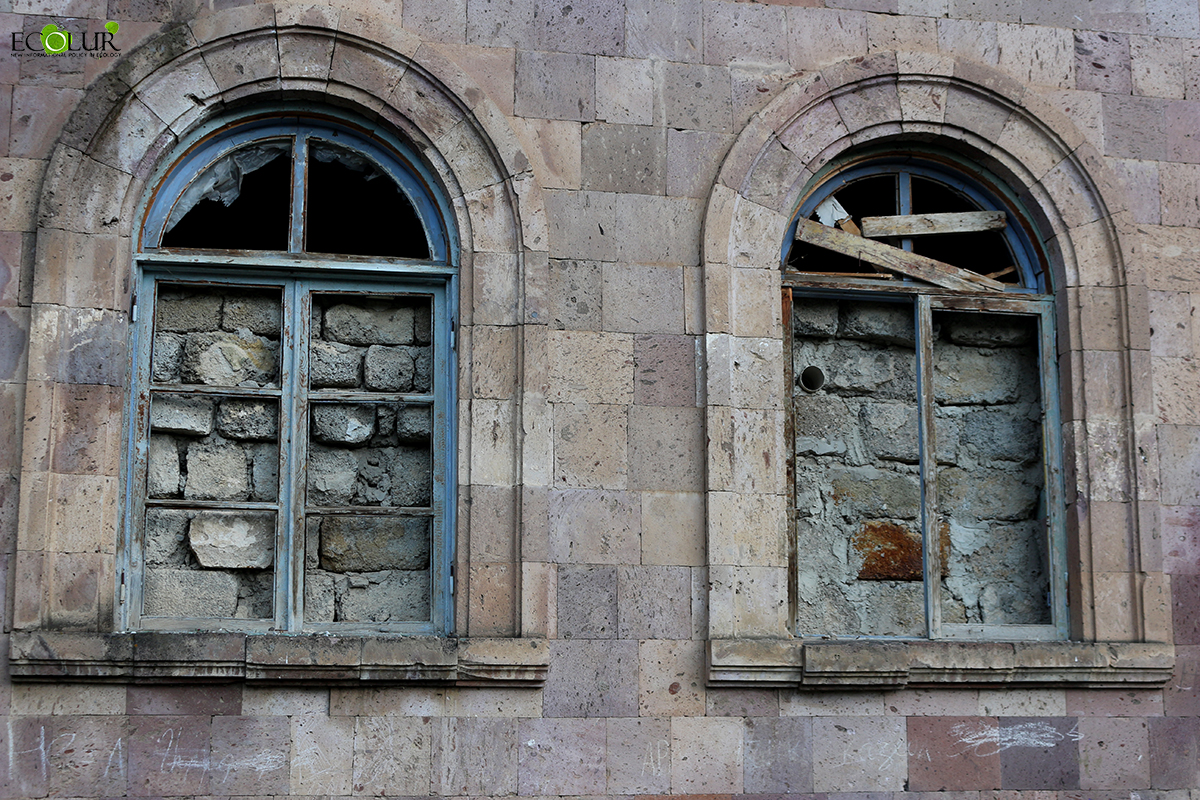
The residents surveyed for the development of Dastakert suggest:
• To operate it in a closed manner in case of Dastakert copper-molybdenum mine development in compliance with environmental norms and to make Dastakert settlement a party to the soil management contract;
• Give Dastakert a leverage to force the soil manager to fulfill its obligations towards the settlement;
• The company shall regularly submit a report to Dastakert residents on the activities of the soil manager;
• Create jobs;
• Repair the drinking water pipeline, irrigation network;
• Organize garbage collection in the settlement;
• Provide the medical point with the necessary medical equipment and qualified specialists;
• Strengthen and renovate multi-storey residential buildings;
• Organize widespread tree planting.
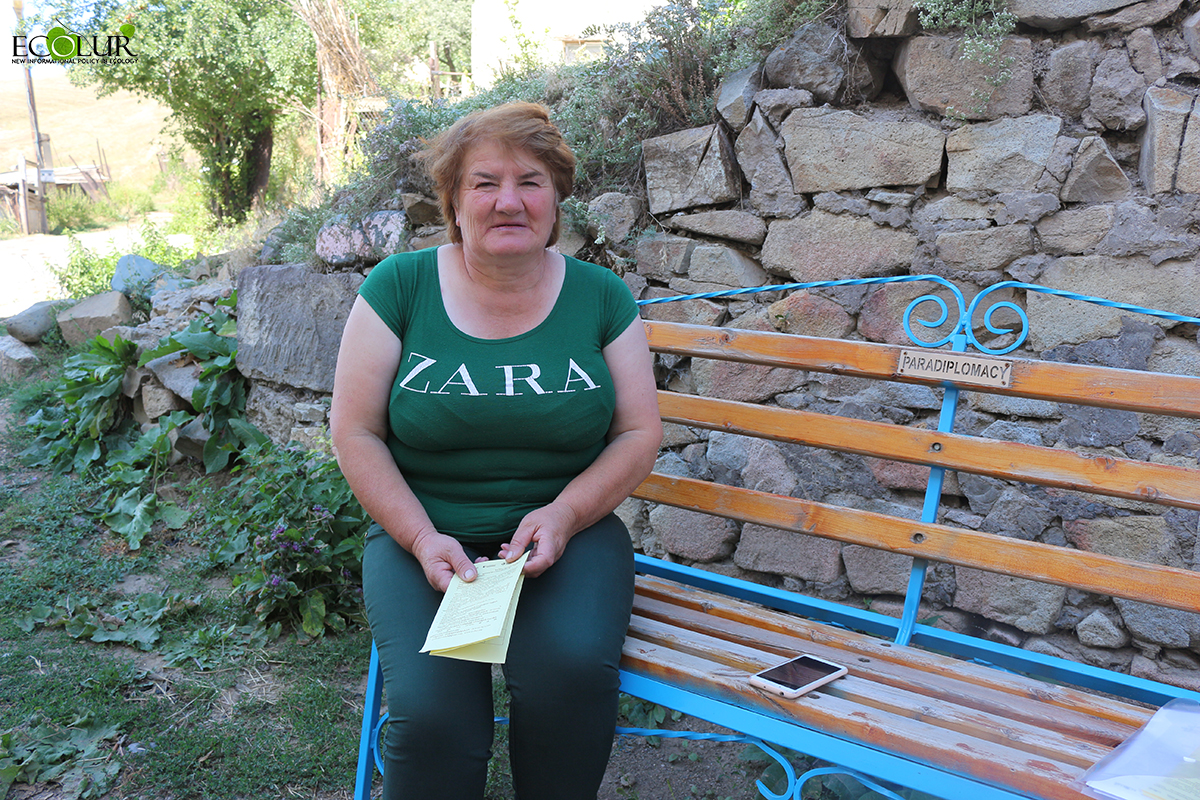
This material has been prepared within “Liability of Non-operating Mining Companies in EITI Process” project impletmened by EcoLur with the USAID support within the frames of “Engaged Citizenry for Responsible Governance” project implemented by Transparency International Anticorruption Center.

This article is made possible by the generous support of the American People through the United States Agency for International Development (USAID). The contents of this article are the sole responsibility of the authors and do not necessarily reflect the views of USAID or the United States Government.
February 18, 2021 at 14:58
